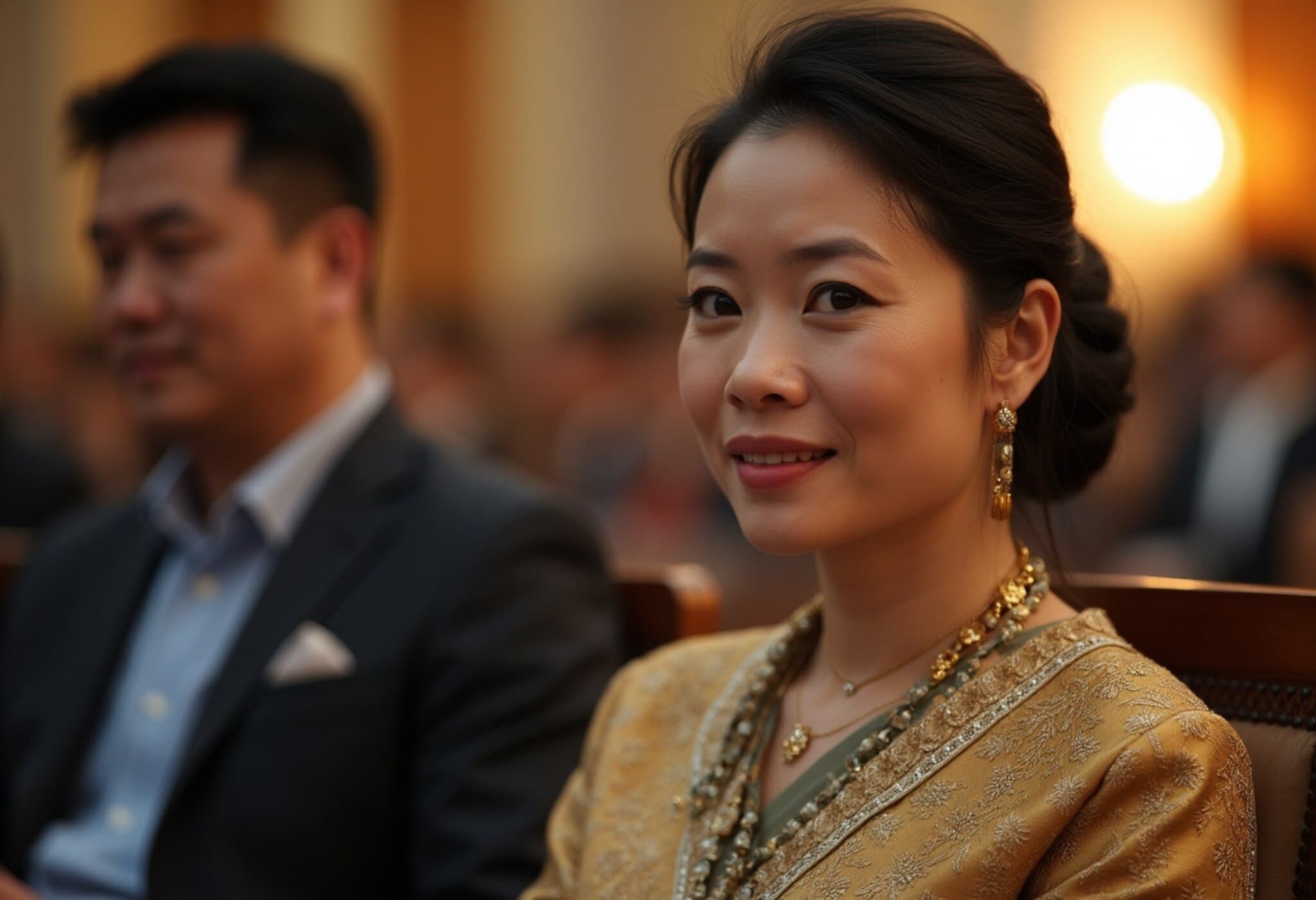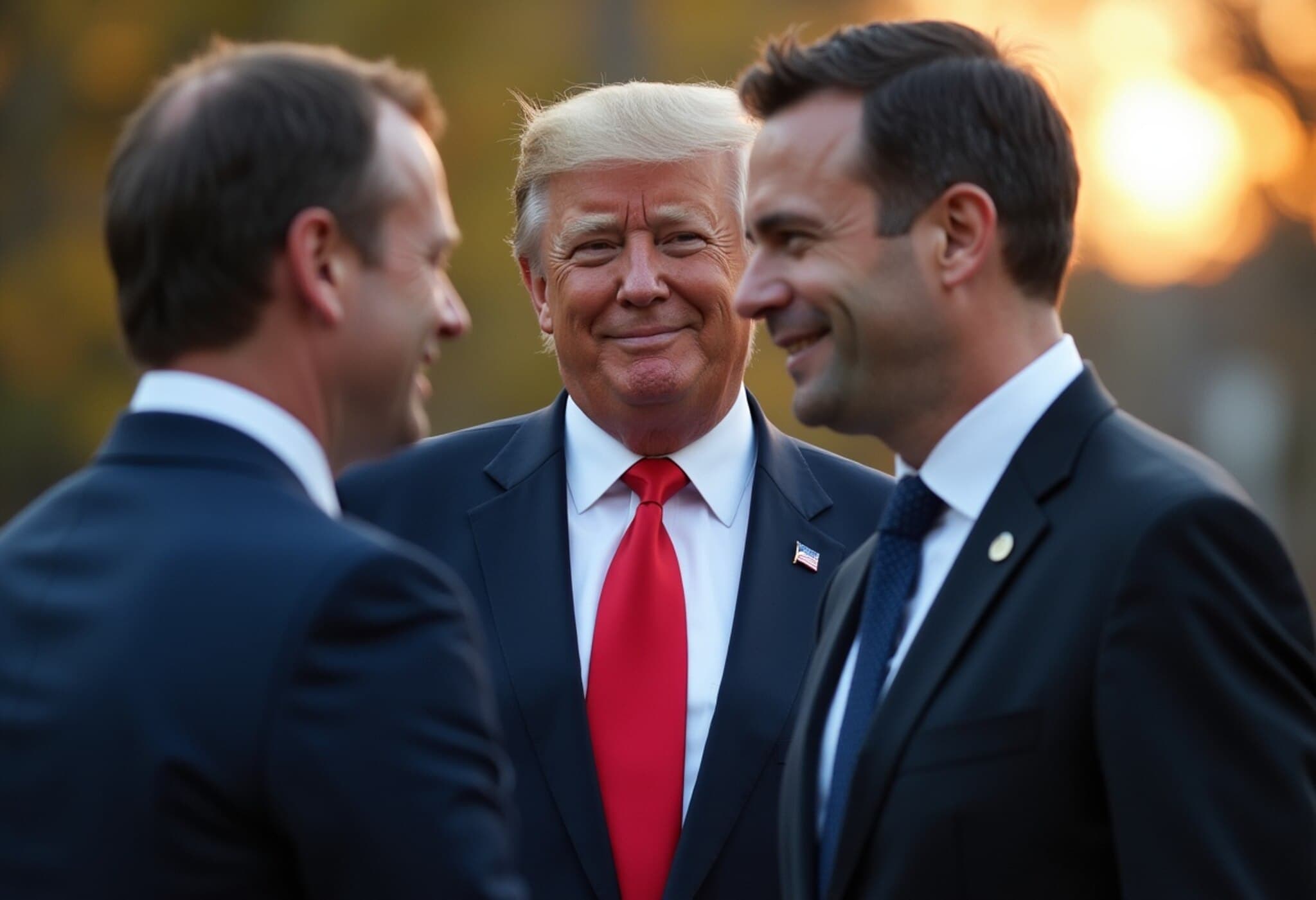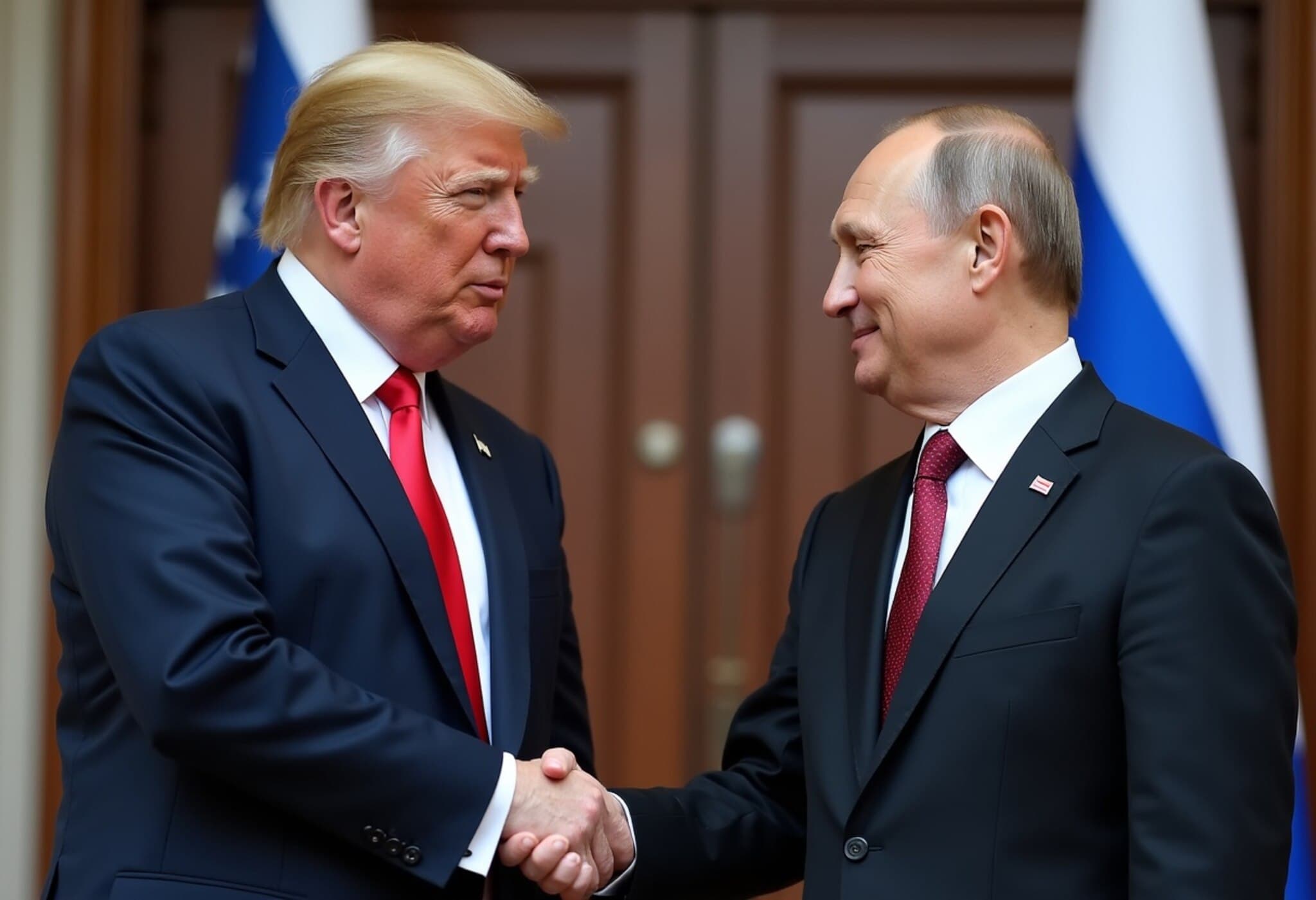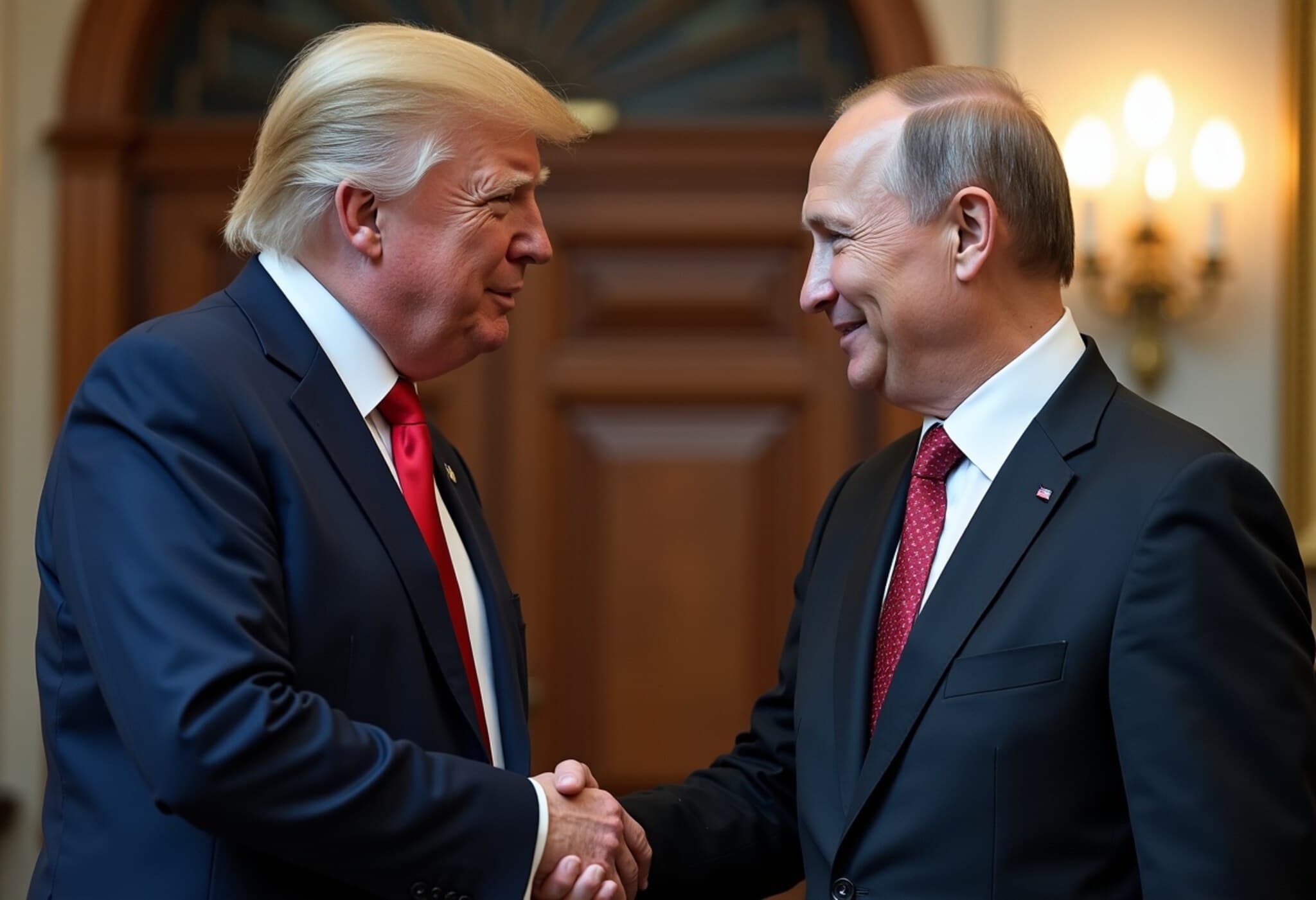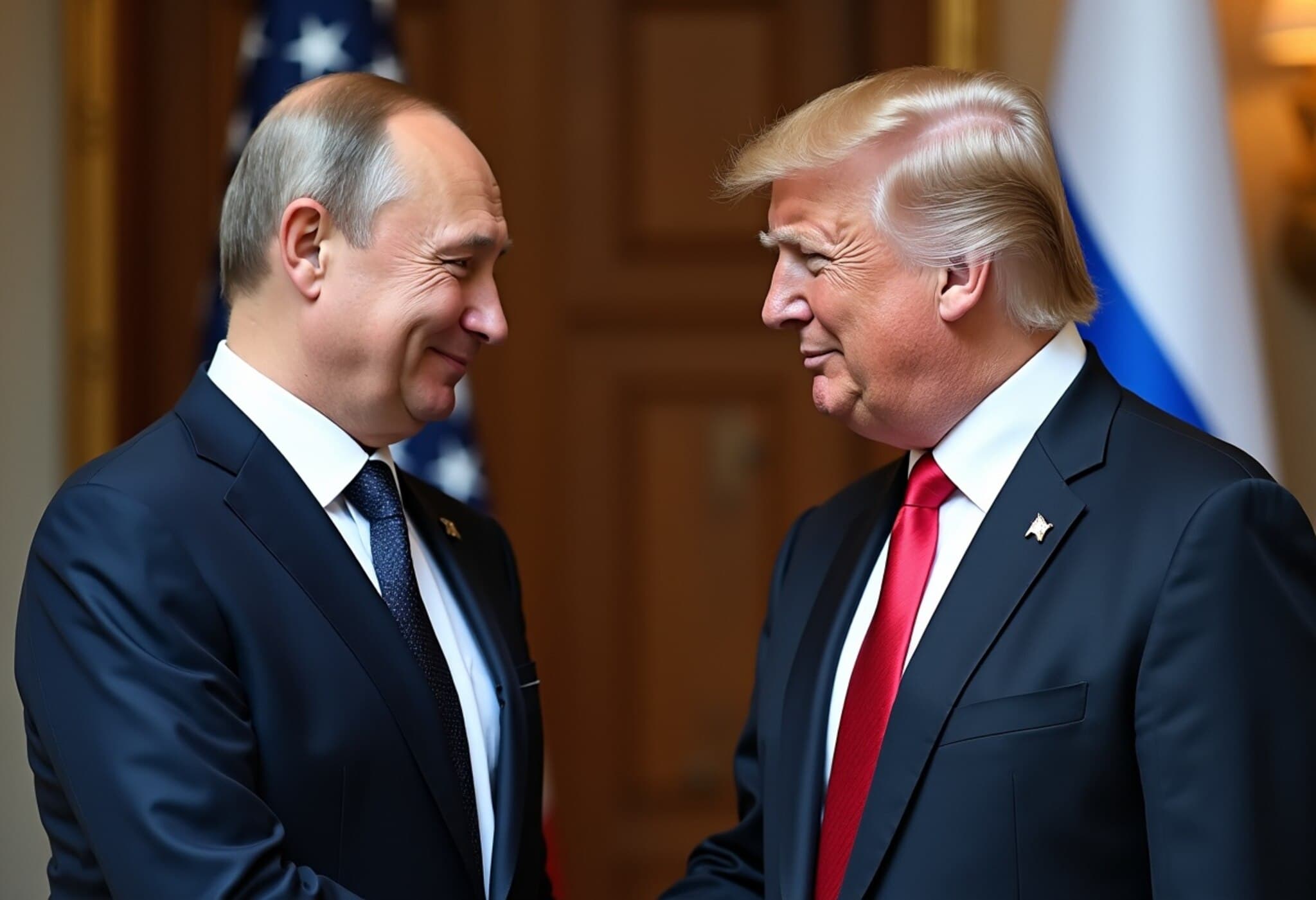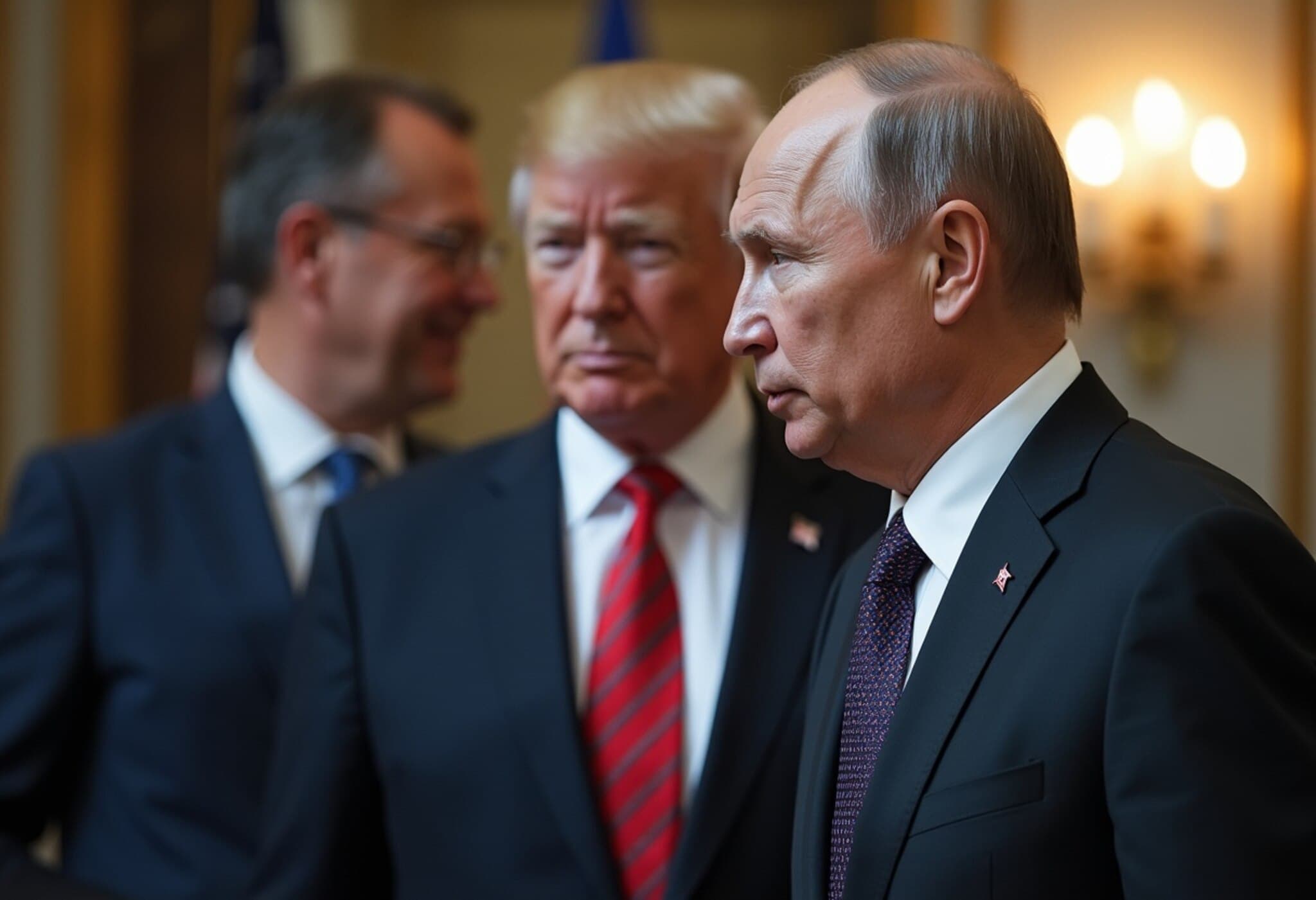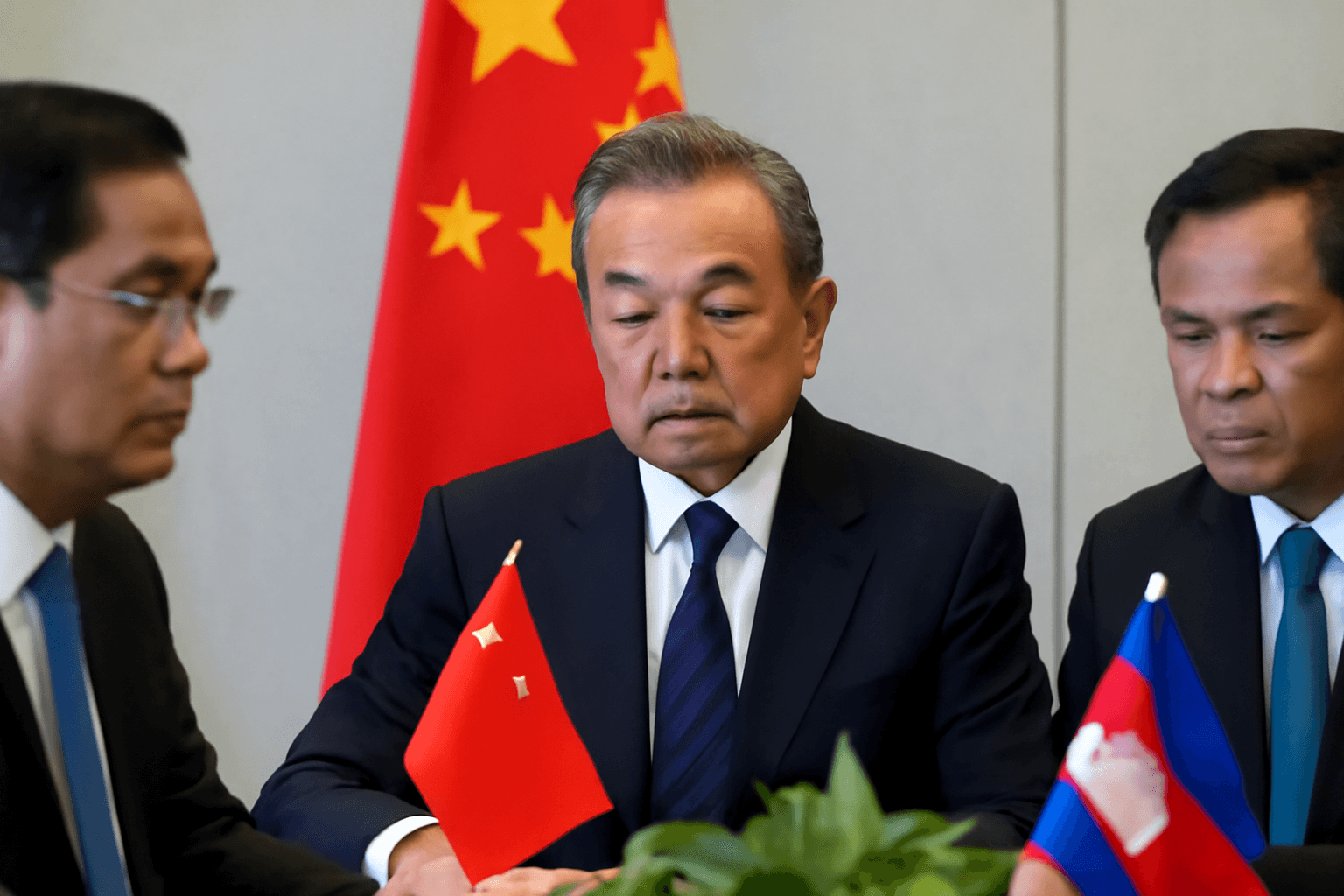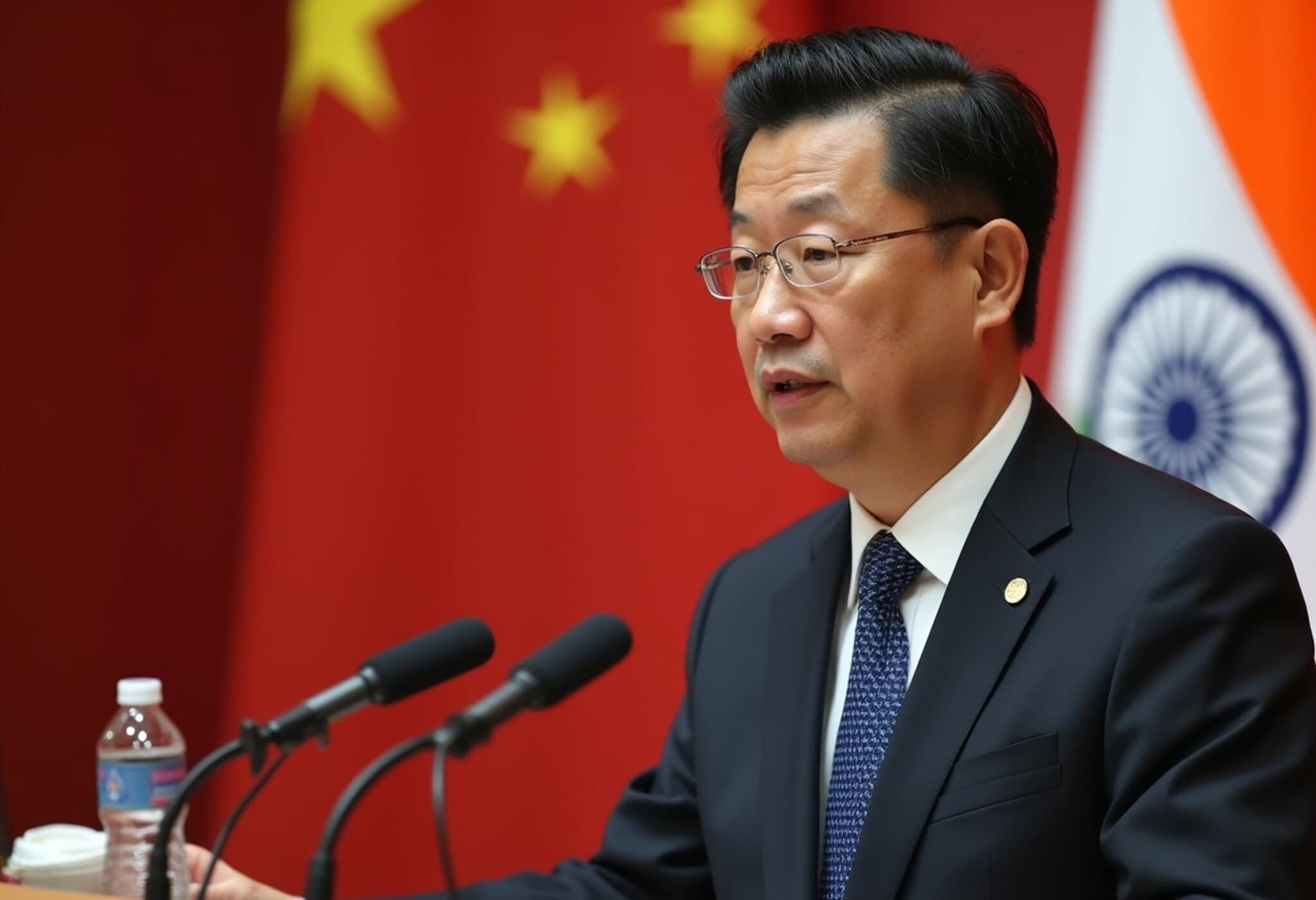Thailand’s Shinawatra Family at the Crossroads of Political and Judicial Storms
The politically influential Shinawatra family in Thailand is once again thrust into the national spotlight as a series of pivotal court decisions loom this August and September 2025. These rulings could dramatically redefine the country’s political trajectory, potentially triggering an early general election and exacerbating economic instability in Southeast Asia’s second-largest economy.
Who Are the Shinawatras and What’s at Stake?
The Shinawatras, led by former Prime Minister Thaksin Shinawatra and his daughter, current Prime Minister Paetongtarn Shinawatra, have been central figures in Thai politics for over two decades. Their story is marked by resilience amid military coups, judicial struggles, and polarizing public opinion.
Now, the family confronts two critical court rulings that could shake their hold on power. On August 23, a court will decide whether Thaksin committed lèse-majesté in a 2015 interview—a highly contentious charge in Thailand with potential imprisonment of up to 15 years per count. Subsequently, on September 10, another court will evaluate if his 2023 detainment in a VIP hospital wing constituted a failure to serve his sentence on charges related to abuse of power and conflicts of interest.
Meanwhile, Paetongtarn faces accusations of ethics violations tied to a leaked phone call in June with former Cambodian leader Hun Sen during escalating border tensions. The Constitutional Court’s verdict expected by August 29 could suspend or even disqualify her, thrusting Thailand into further political uncertainty.
Political Implications and the Prospect of Early Elections
Legal expert Prinya Thaewanarumitkul from Thammasat University predicts, "A new election will definitely take place by mid-2026 or possibly earlier." Yet, the once-dominant Pheu Thai party finds itself weakened, struggling to consolidate support ahead of a potential snap election.
- Paetongtarn Shinawatra is suspended pending court outcomes, with her government polling under increased public pressure.
- Thaksin Shinawatra, now 76, battles charges that could result in imprisonment, attempting to maintain influence behind the scenes.
- Pheu Thai’s candidate pool has dwindled, with only former justice minister Chaikasem Nitisiri remaining a viable contender.
Broader Context: Economic Headwinds & Regional Stability
Thailand’s fragile economy grapples with slowing growth, high household debt, tepid tourism recovery, and investor unease about government continuity and policy direction. This political uncertainty threatens to undercut foreign investment and stall economic reforms vital for long-term resilience.
The leaked phone call controversy involved border tensions with Cambodia, culminating in a ceasefire after armed skirmishes. The ethics allegations against Paetongtarn underscore the delicate balance Thailand must maintain in regional diplomacy and internal governance.
Analyzing the Political Chessboard
With Paetongtarn’s suspension, the next prime ministerial choice depends heavily on coalition dynamics. Analyst Olarn Thinbangtieo from Burapha University notes, "The conservative establishment appears to favor Thaksin’s continued influence, endorsing a short-term prime minister who can dissolve parliament at a strategically opportune moment."
Potential successors include Chaikasem Nitisiri and former interior minister Anutin Charnvirakul, who recently withdrew his party from the coalition. The opposition, led by the People's Party, has shown willingness to support Anutin conditional on parliamentary dissolution and constitutional reforms, indicating a volatile and fluid political environment ahead.
Expert Insights and Underreported Angles
While much attention centers on the Shinawatras, the broader issue of judicial independence in Thailand remains under-discussed. These trials might deepen perceptions of politicized justice, challenging public confidence in legal institutions. Moreover, how the international community reacts could influence ASEAN’s regional diplomacy, especially concerning border disputes and economic partnerships.
The Shinawatras’ endurance—surviving multiple military coups and judicial setbacks—raises critical questions about political accountability, elite power structures, and democratic processes in Thailand’s evolving political landscape.
Looking Ahead: What This Means for Thailand and the Region
- Political Stability: Upcoming court rulings may induce government reshuffles or early polls, amplifying uncertainty.
- Economic Outlook: Investor confidence may waver amid political upheaval, exacerbating existing economic challenges.
- Regional Security: Border tensions and their political fallout highlight the fragility of Southeast Asia’s diplomatic equilibrium.
Editor’s Note
This series of events encapsulates the intricate interplay between law, politics, and economics in contemporary Thailand. The Shinawatras’ predicament offers a compelling case study in political resilience, judicial scrutiny, and the evolving nature of power in Southeast Asia. Readers should watch closely not only for the court verdicts but for the ripple effects across democratic institutions, regional diplomacy, and economic stability.
As Thailand stands at this critical juncture, questions linger: Can the Shinawatras reinvent their political influence amid mounting legal challenges? How will these developments reshape the balance between entrenched conservative forces and emerging reformist voices? And what lessons might other nations draw about navigating political crises within complex social fabrics?

